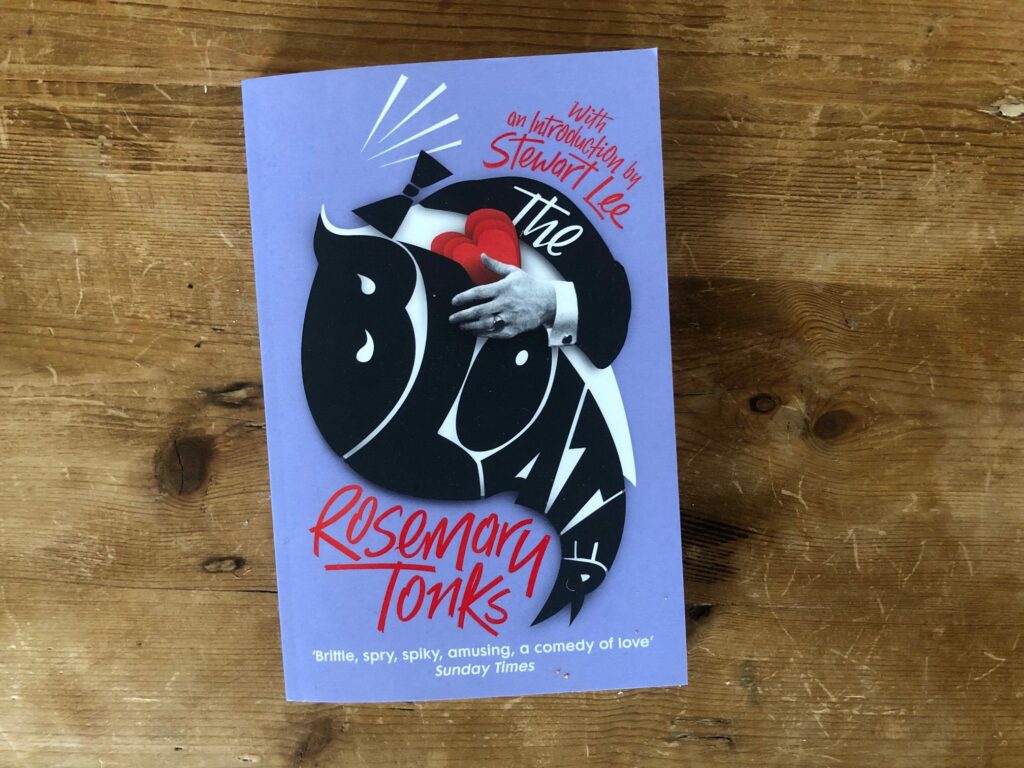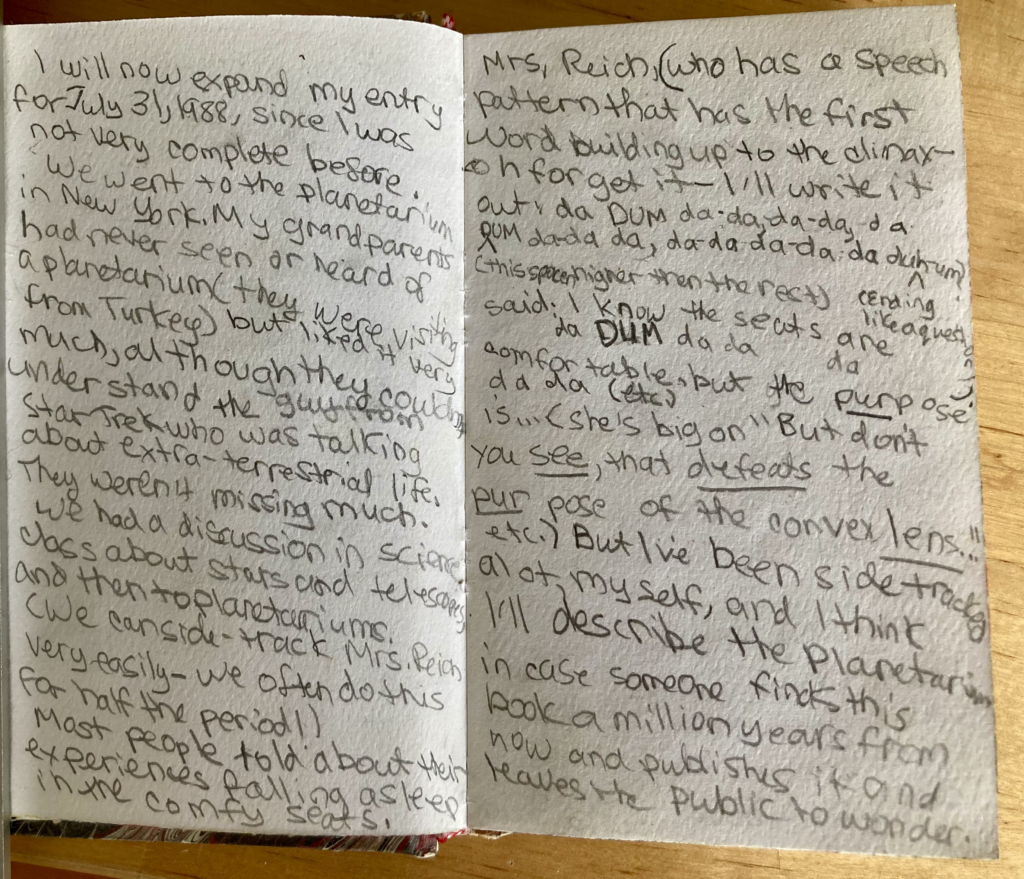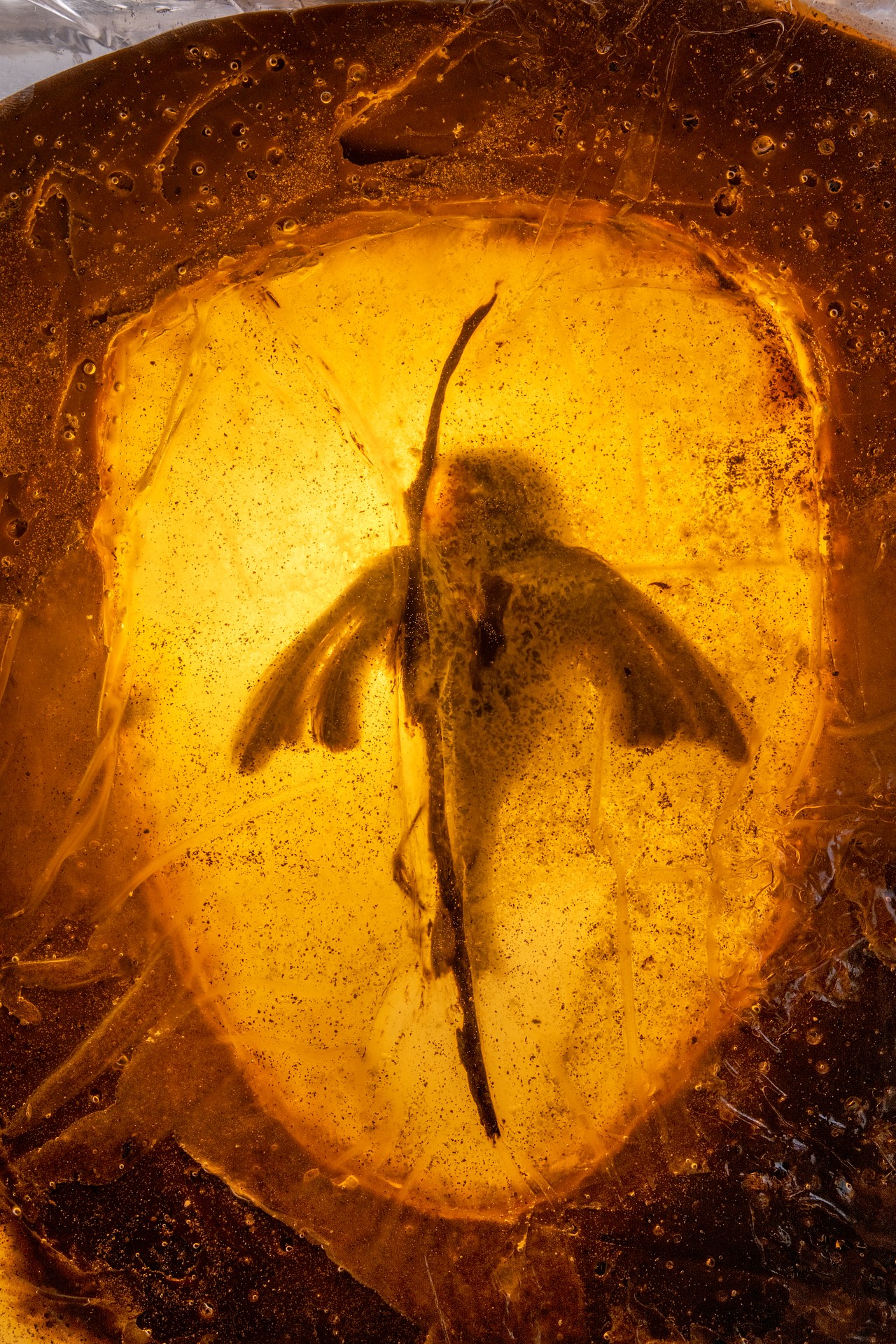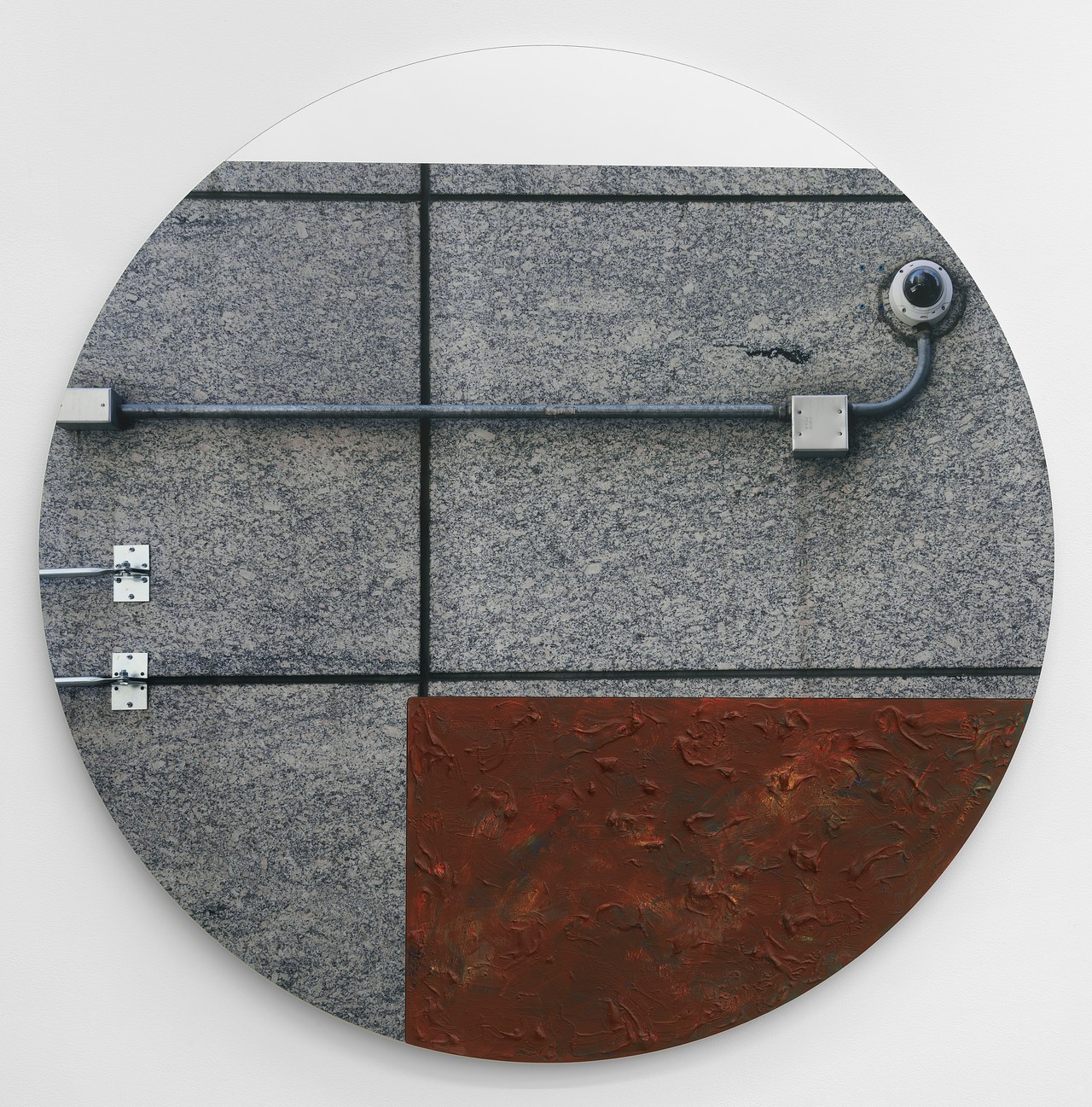Photograph by Lucy Scholes.
The poet and novelist Rosemary Tonks wrote her third novel, The Bloater, in just four weeks in the autumn of 1967, which would have been impressive by any standards but her own. She had originally set out to finish it in half the time and had hoped it would earn her “a lot of red-hot money.” (Here, she fell short too). But the result was a dizzying, madcap story that was a hit with the critics. Again, most writers would have been over the moon with such a reception, but Tonks could never be so predictable. “It just proves the English like their porridge,” she once reportedly replied to congratulations from her editor. To borrow a confession from The Bloater’s canny narrator—a young woman who bears more than a passing resemblance to Tonks herself: “I knew perfectly well what I was doing.”
Between 1963 and 1972, Tonks published two collections of poetry, six novels, a large body of literary journalism, and an experimental sound-poem. She was a serious stylist, writing in the tradition of French nineteenth-century novels and those preeminent portraitists of the modern metropolis: Baudelaire and Rimbaud. As a hip young thing, a fixture on the London scene, her writing captured the pungent, punchy essence of that city in the Swinging Sixties. But she was also an experimental writer and a pioneering mixed media artist; her 1966 “Sono-Montage” was made in collaboration with the BBC Radiophonic Workshop and the now-legendary musician and composer Delia Derbyshire (most famous for her electronic arrangement for the theme tune to the cult British TV series Doctor Who). Poetry readings “can be very boring,” Tonks told an interviewer in 1968—“I want to bring poetry into its own dramatically.”
As such, Tonks sat somewhere between the establishment and the avant-garde; as concisely summed up in this description in The Guardian in 1970: “She has a white Italian sports car, a French purple velvet trouser suit, and lives in a Queen Anne house in Hampstead.” Nowhere is her particular eclecticism more in evidence than in The Bloater, which documents London’s cultural vanguard with Tonks’s signature caustic humor and stylistic flair. Originally published in 1968, it sets the tone for the three novels that followed it—Businessmen as Lovers (1969), The Way Out of Berkeley Square (1970), and The Halt During the Chase (1972)—all of which are variations on the same theme: stories of the breakneck romantic escapades of young Tonks-like heroines.
***









